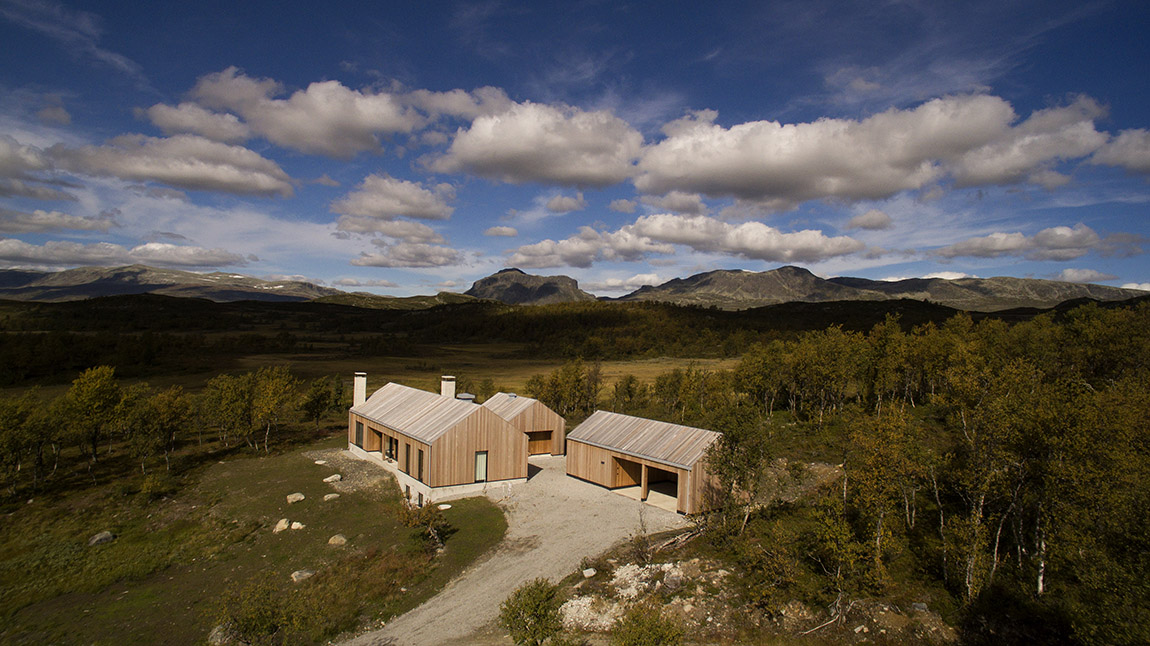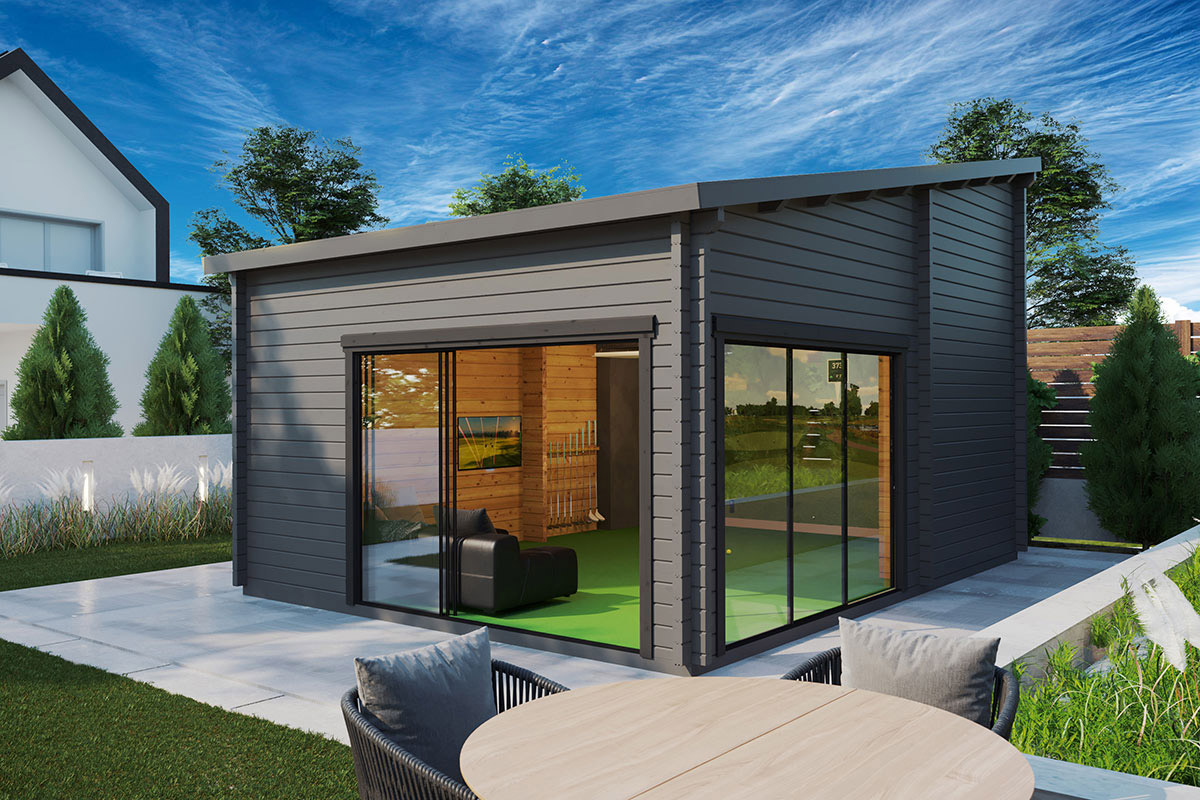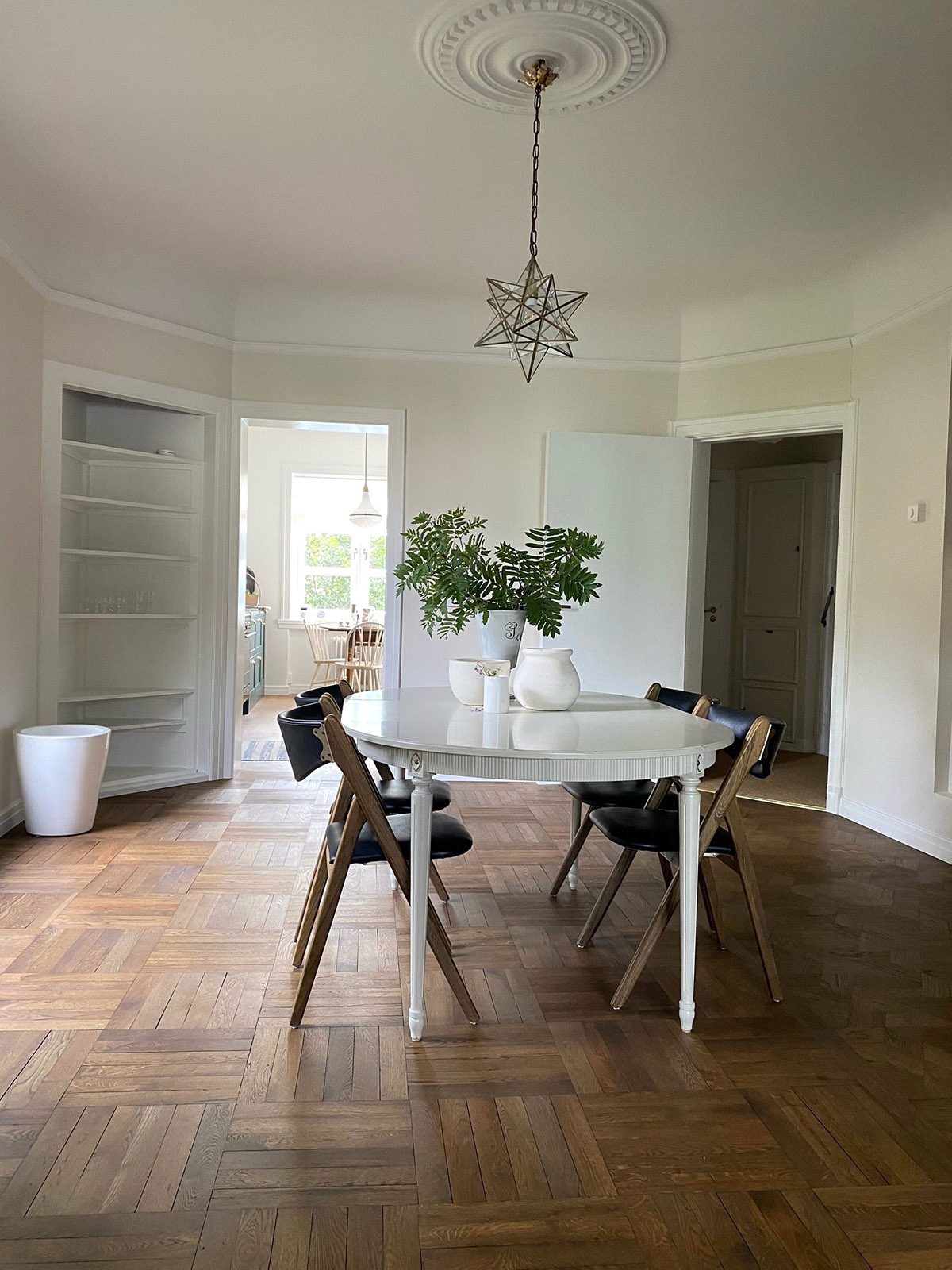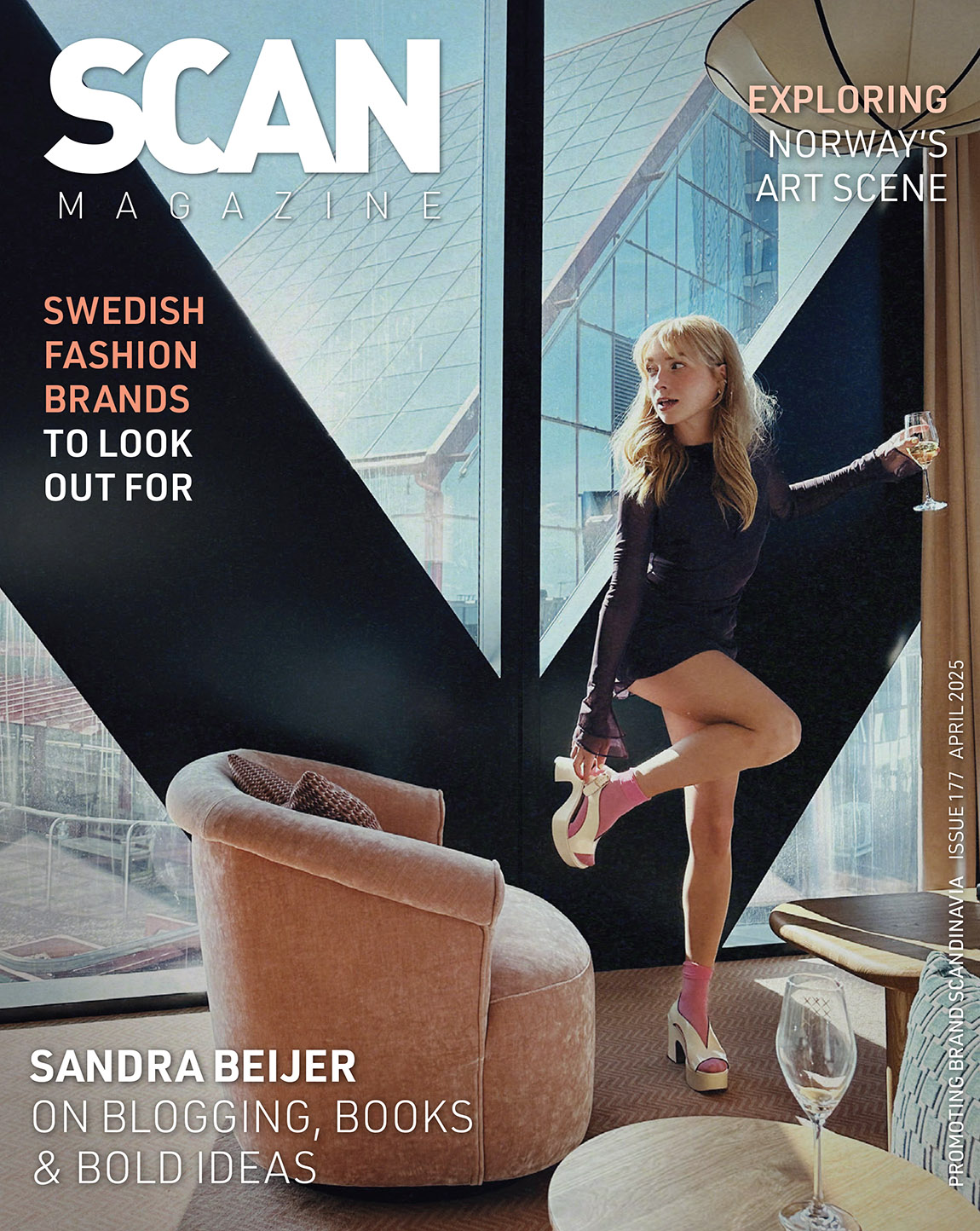Raws: Radically beige straws made from Swedish reed
By Alejandra Cerda Ojens | Photos: Olivia Zandin
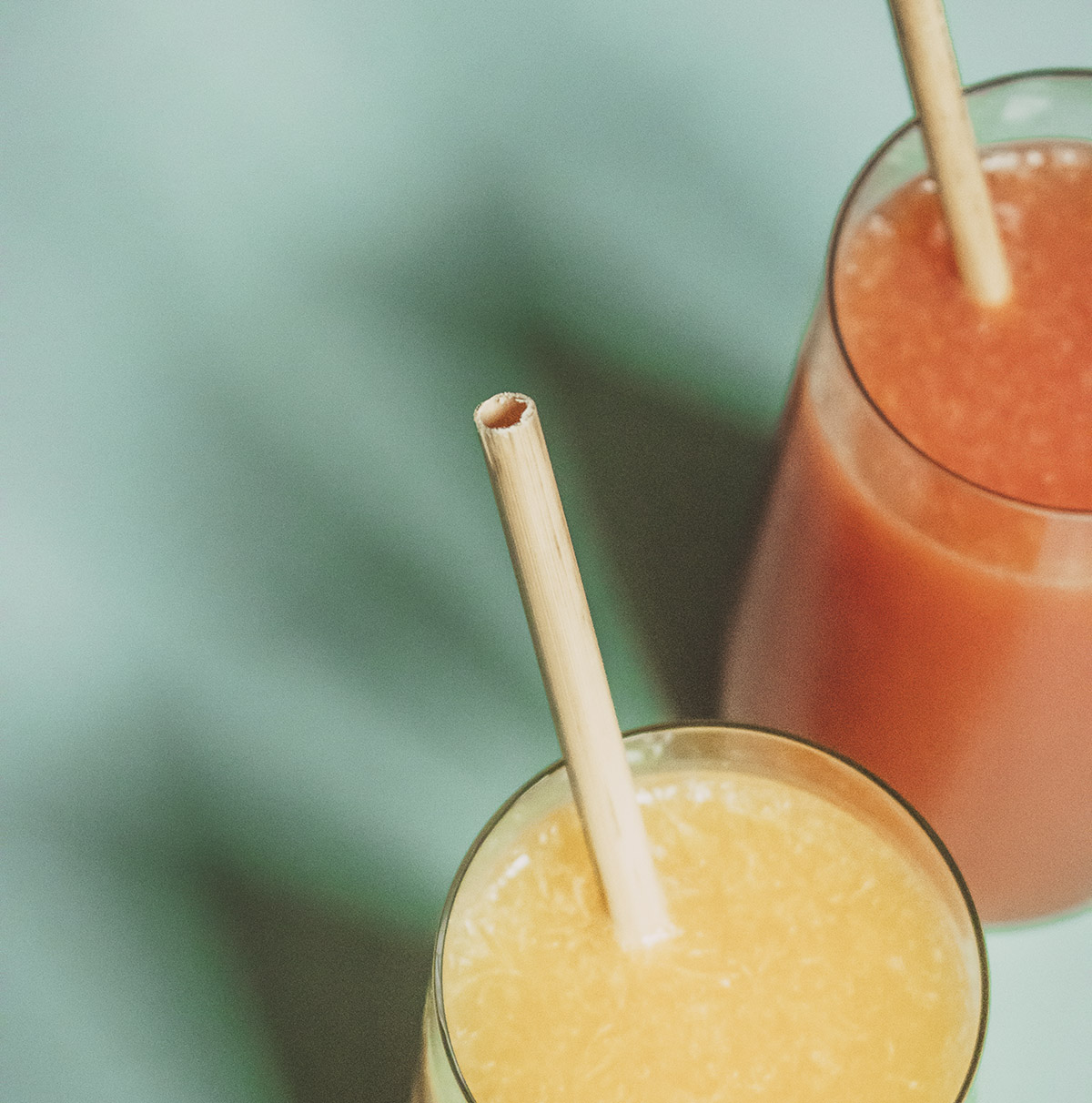
A few years ago a video of a turtle with a plastic straw stuck in its nose went viral on social media. The turtle’s distress was plain, and the image resonated with many who became suddenly aware of the issue of plastic in our waters.
Since then, single-use plastic straws have been banned in the EU, but what are the alternatives? Paper straws have been around for quite a while. While they’re great for a minute or two, they quickly get soft and soggy, and can’t be used for hot drinks. But, what if there was a sustainable option that could be used for both hot and cold drinks, that was produced locally? Spoiler alert: there is, and it’s completely natural and feels good to use.
The straws from Raws are made from Swedish reed. As Sweden is generously surrounded by water and rich in lakes, reed can be found almost everywhere. Reed supports plenty of wildlife during the warmer months but, as it tends to spread rapidly, it’s cut during the autumn to prevent it from taking over the coastline.
Raws noticed this and started to make straws from the material. The reed they use is untreated, bio-degradable and harvested in and around Norrköping. The straws can be used in both ice-cold mojitos or afternoon tea, as they are sturdy enough to handle hot drinks. The straws won’t get soggy, as reed grows in water and so is naturally waterproof. Best of all, they can be used multiple times and even put in the dishwasher.
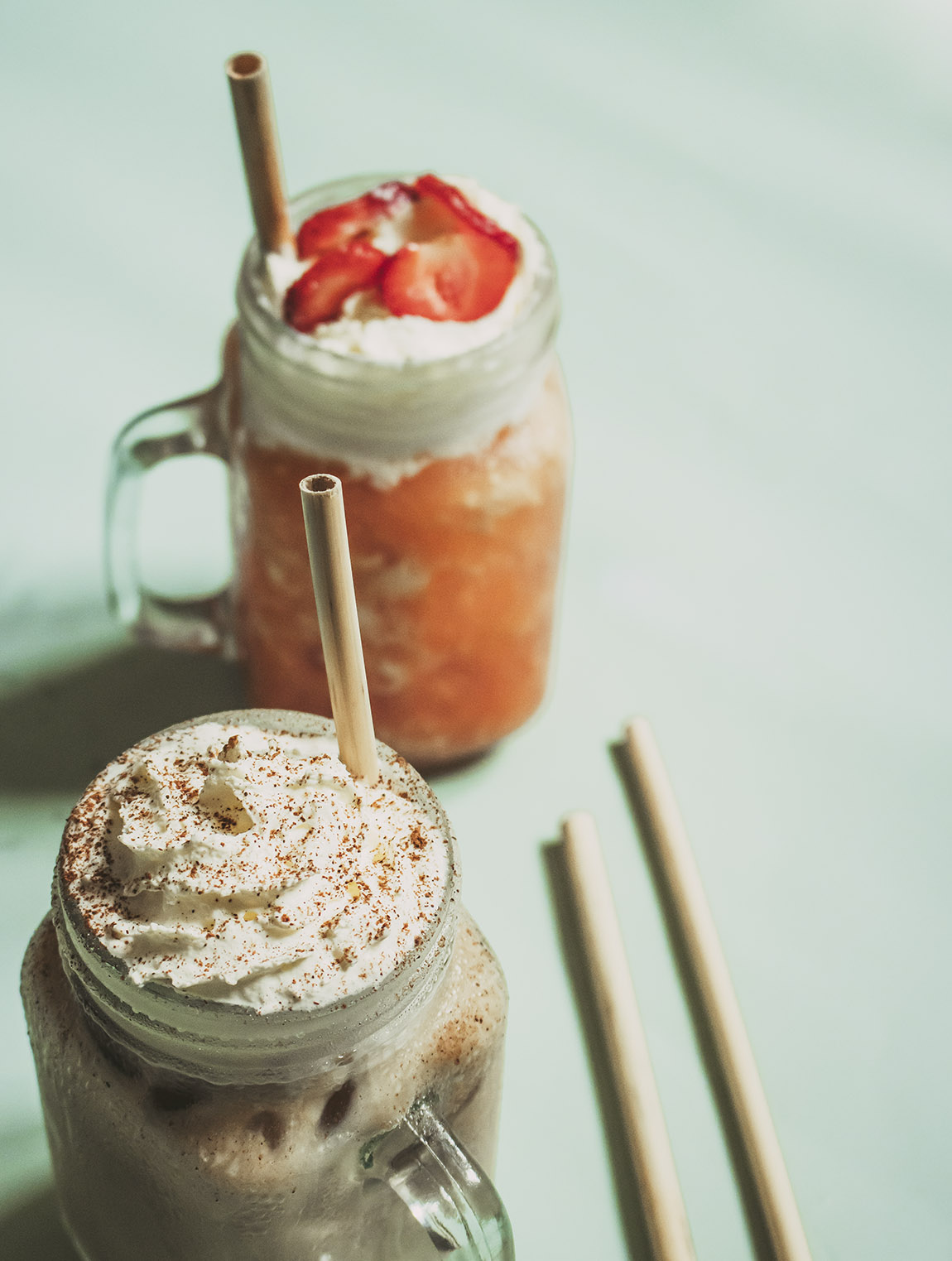
The birth of the all-natural straw
So, who is behind Raws? Eyoel Lundberg, one of two co-founders of Raws, shares the company’s genesis story. “We started three years ago, when plastic straws were a big problem. They end up in nature and aren’t bio-degradable, so we tried to think of a solution and found something close to home – just outside our window,” says Lundberg.
Born and raised outside of Norrköping, in the small city Valdermarsvik on the east coast of Sweden, the pair saw reed everywhere. Swedish reed is beautiful when it sways in the wind and was traditionally used for roof and wall-insulation – a method still used today on a much smaller scale. The sturdiness of the stems – they can’t be broken between the fingers – and the fact that they’re hollow makes them a great material for straws. They’re pretty much natural drinking straws already.
“People are always surprised by how hard the straws are, how well they hold both cold and hot drinks, and the fact that they are completely untreated. What you see is very much what you get; we just clean and cut them for a great drinking experience,” Lundberg says.
When the pandemic restrictions were lifted, Raws saw increasing interest in their products. As people began going out more, restaurants began to focus more on sustainability. Though most of Raws’ clients are restaurants, they also sell directly to consumers who use the reed straws for cocktails or kid’s parties, or to avoid staining their teeth on hot tea and coffee.
“Available in any colour you want, as long as it’s beige”
Raws are unbleached, uncoloured and have a natural beige colour – which they make fun of on their website, stating: “available in any colour you want, as long as it’s beige”. With their cheeky tone of voice, they aim to challenge the way eco-conscious products are marketed.
Today, Raws are still based in Norrköping, which makes it easy for them to keep the production chain local, which also helps to keep the prices down. There are ten employees working at Raws, and Lundberg looks forward to expanding the business.
The future holds endless opportunities. Now, Lundberg and his business partner are considering making other goods from the material – such as cutlery, plates and drinking cups – while looking to minimise their waste even more. It’s an exciting prospect for this radically beige Swedish material.
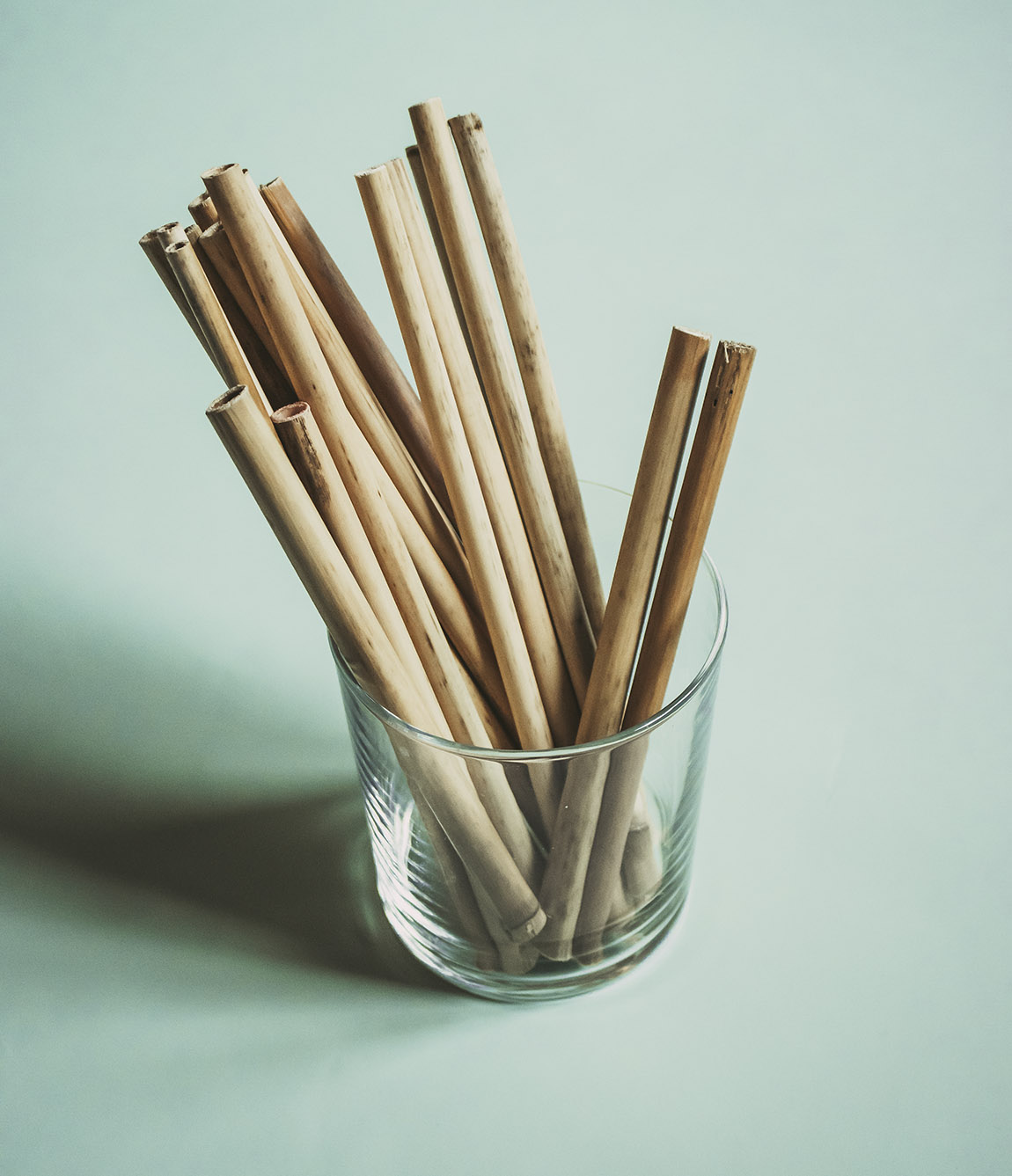
Web: www.raws.rocks Instagram: @raws.rocks Facebook: raws.rocks
Subscribe to Our Newsletter
Receive our monthly newsletter by email

